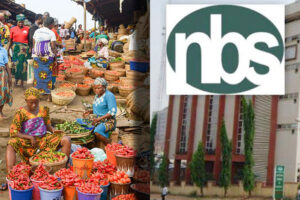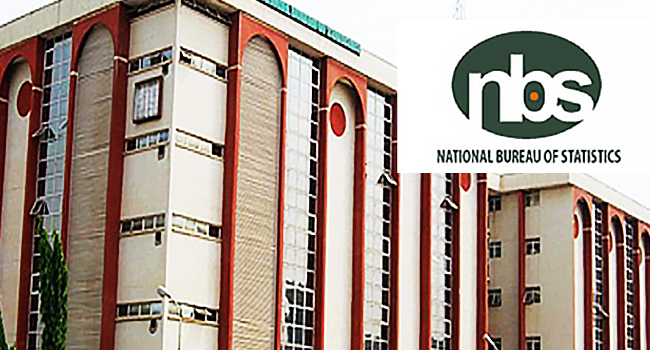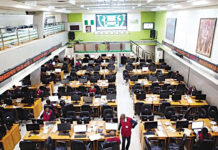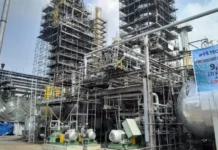Nigeria’s headline inflation rate rose to 32.70% in September 2024, up from 32.15% in August, according to the National Bureau of Statistics (NBS).
This represents an increase of 0.55% from the previous month. Year-on-year, the inflation rate is 5.98 percentage points higher than the 26.72% recorded in September 2023.
The NBS attributed the increase to rising average prices for various goods and services, particularly in key categories such as:
- Food & Non-Alcoholic Beverages: 16.94%
- Housing, Water, Electricity, Gas & Other Fuel: 5.47%
- Clothing & Footwear: 2.50%
- Transport: 2.13%
- Furnishings, Household Equipment & Maintenance: 1.64%
- Education: 1.29%
- Health: 0.98%
On a month-on-month basis, the headline inflation rate for September 2024 was 2.52%, reflecting an increase of 0.30% from August’s 2.22%. The average Consumer Price Index (CPI) for the twelve months ending September 2024 was 31.73%, which marks an 8.83% rise compared to 22.90% in September 2023.
The food inflation rate soared to 37.77% year-on-year, up 7.13 percentage points from 30.64% in September 2023, driven by rising prices of staple items such as rice, maize, beans, yams, and various cooking oils.

Food inflation also saw a month-on-month rise of 2.64%, reflecting an increase of 0.27% from August’s 2.37%. The twelve-month average food inflation was 37.53%, significantly higher than the 25.65% recorded in September 2023.
Core inflation, which excludes volatile agricultural produce and energy prices, was reported at 27.43% year-on-year, an increase of 5.59 percentage points from 21.84% in September 2023. The NBS highlighted significant price hikes in housing rentals, transport services, and medical consultations.
Urban consumers faced an annual inflation rate of 35.13%, while rural inflation reached 30.49%, both reflecting substantial year-on-year increases.
State-level analysis revealed that Bauchi (44.83%), Sokoto (38.74%), and Jigawa (38.39%) recorded the highest inflation rates, while Delta (26.35%), Benue (26.90%), and Katsina (27.71%) experienced the slowest growth. In terms of food inflation, Sokoto (50.47%), Gombe (44.09%), and Yobe (43.51%) had the highest rates, while Kwara (32.45%), Rivers (32.80%), and Kogi (32.83%) had the lowest.




